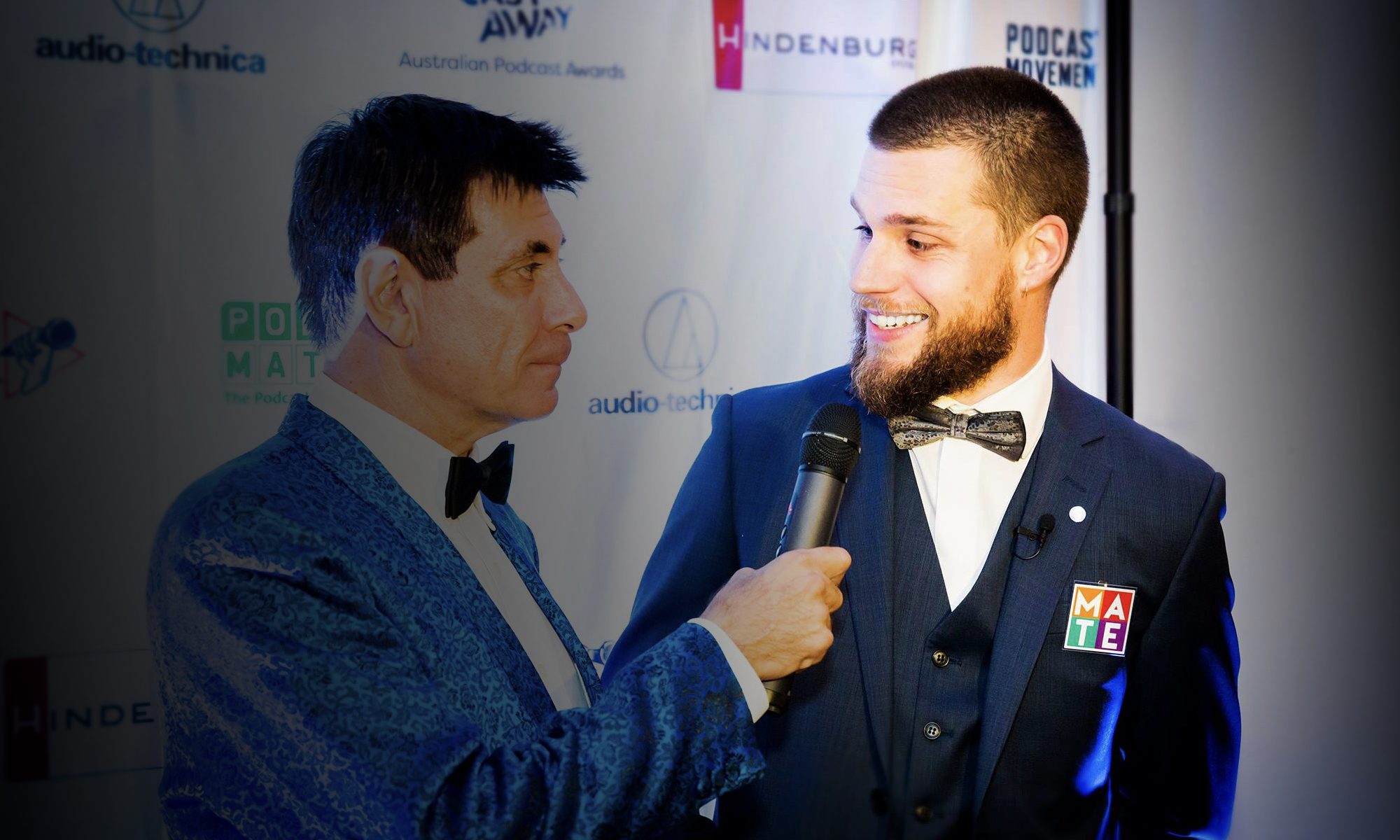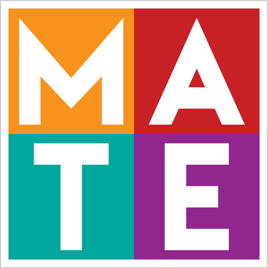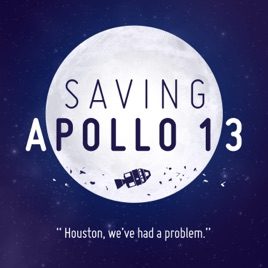Everyone and their dog seem to have a podcast these days, there’s over a million of them alone on Apple podcasts, with more constantly being added every hour. They range from topics as broad as the imaginations that created them, be it interviews, long form journalism, witty banter between comedians, or 6-hour dives into historic events! More and more businesses are taking advantage of this new platform to help promote themselves, but how can you stand out in such an oversaturated market and how do you even go about making a podcast in the first place? To get a better understanding of the medium and its benefits, we spoke with Clusterian, Adam Jaffrey, the strategy director of podcasting agency Wavelength Creative.

Adam’s own passion for his work was born while at university, but not how you’d think. Whilst in the midst of a Business and Marketing degree, Adam found himself listening more and more to podcasts for insights into his field. Shows like Marketing Today, 6 pixels of Separation, The bean cast, and a little Hamish and Andy for fun (only in podcast form, of course) filled his youthful green ears and felt like a “secret window into [industry] leader’s stream of consciousness”. On recalling his uni days, Adam comments, “I ended up learning more from the podcasts than my lecturers”!
When I thought about this, it seemed to make a lot of sense. In a lecture hall, you are one of a potential hundred that are being presented to at a time that doesn’t always suit. I feel we’ve all had that one Uni class we barely listened to because it followed a big night out! Compare that to a podcast on the same subject where it’s just you and the speaker, on a time of your choosing. This intimate setting allows for more retention of knowledge and engagement with the listener.
For a young Adam, these podcasts offered invaluable insight into the minds of industry titans, gifting him a knowledge beyond his years, “you know a lot for not working in the industry” was a comment he often heard when talking with professionals. This comprehension of marketing secured Adam a job at Leo Burnett in 2013, where he wrote from scratch the digital marketing strategy of brands like NAB, Officeworks and Old El Paso. Although while building these strategies, Adam realised how little consideration big agencies like Leo Burnett were giving to podcasts. It was essentially none. Noticing a rising interest in Podcasting from clients, he wanted to take advantage of the moment which lead to the birth of Wavelength Creative, an agency purely focused on podcasts.

It all started with the show M.A.T.E, short for, Marketing, Advertising, Technology, and Entrepreneurship. Adam began the podcast back in 2015-16 for fun and to learn more from those he admired in the field. Like any endeavour, it was a bumpy start as Adam openly admits to the first episode being, “awful”, full of ums/ahs and the realisation that although he was a good speaker, that didn’t make him a good interviewer.
Perseverance is key though, and the more episodes he put out, the more polished this diamond in the rough became. He learned better editing techniques (any hesitation forms were immediately removed), which microphones worked best (a couple Blue Yetis was a good starting point), as well as interviewing etiquette. On that last point he says it was learning, “to shut up… and make the interviewee the superstar”. I ask if there was a moment or episode that served as a penny drop epiphany for him, to which he replies, “it’s a nice narrative, but no, you have put in the work!” and work he did, as while refining his podcast, he was also refining his business.
A question on a few minds may be, “people make podcasts in their bedrooms, how hard can it be?” It is true that anyone can make a podcast, but how many can make a good podcast? It’s not 2006 anymore, and with such an abundant choice of content to listen to, audiences are less forgiving of lower quality productions. The art of podcasting is so sophisticated now, that unless you have compelling characters (real or fictional) and clear concise recording, your work will be heard as much as the proverbial tree falling in the forest. Does it really make a sound?
That’s why a company like Wavelength is so beneficial, they help by handling the entire process end-to-end, ensuring the podcast you create is as polished and professional as your own business. It all starts with two key points:
- What is the objective for the podcast, what does success look like?
- Who is your target listener?
From there Adam and his team workshop ideas with you for shows that have those objectives and audiences in mind.

Perhaps one of the best examples in Wavelength’s catalogue is a show called, “Saving Apollo 13”, which was developed for the forensic engineering company, Brady Heywood. It’s a six episode series about how a team of forensic engineers ended up saving the astronauts of the ill-fated Apollo 13 mission (as a native Houstonian, I was appropriately ashamed not to immediately recognise the mission for its iconic line, “Uh, Houston, we’ve had a problem”). Narrated by Managing Director, Sean Brady, his lush Irish accent dramatically retells the events while accompanied by cosmic music and sound design, courtesy of Jack Traynor. I can personally attest to the brilliance of the show, having already listened to half of the series. To keep productivity in check, I’m saving the rest for after I finish this article!
While listening, it did spark a question in my mind of the potential for content to overshadow a brand? Despite plugs for Brady Heywood at the end of every episode, I found myself simply enjoying it as a great podcast and not really paying too much attention to its connection to the business. When I brought this up with Adam he had a simple response, “Great content never overshadows the brand. You know why? People don’t listen to podcasts for the brand. They listen for the content. So I’d choose a compelling story which is brought to you by XYZ Corp over an infomercial every day of the week.”
That really hits on the ultimate benefit of Podcasting as a medium. Unlike YouTube or Blog writing which only capture the average attention for 5 minutes (unless it’s this blog, which I’m sure you read for hours on end because it’s so good!), storytelling in podcasts is intimate and often listened to alone, so you’re fully invested in the content. The average listener will spend nearly half an hour engaging with a show, which allows for a slower burn of ideas and more time to ingest them. That elongated time helps develop a relationship between audience and host, and that relationship can lead to trust in that host and their company. I mean, after listening to Saving Apollo 13, if I am ever in the need of a forensic engineer I know where I’ll go!
To reiterate, Podcasts are a marathon and not a sprint, so the astounding results that they offer are often not seen until months down the line. Although if you want to generate a loyal fan-base while slow selling yourself/company than there’s no better avenue than Podcasting. The insight from Adam and his experience from the creation of Wavelength Creative has so much value to any eager podcasters of the future.